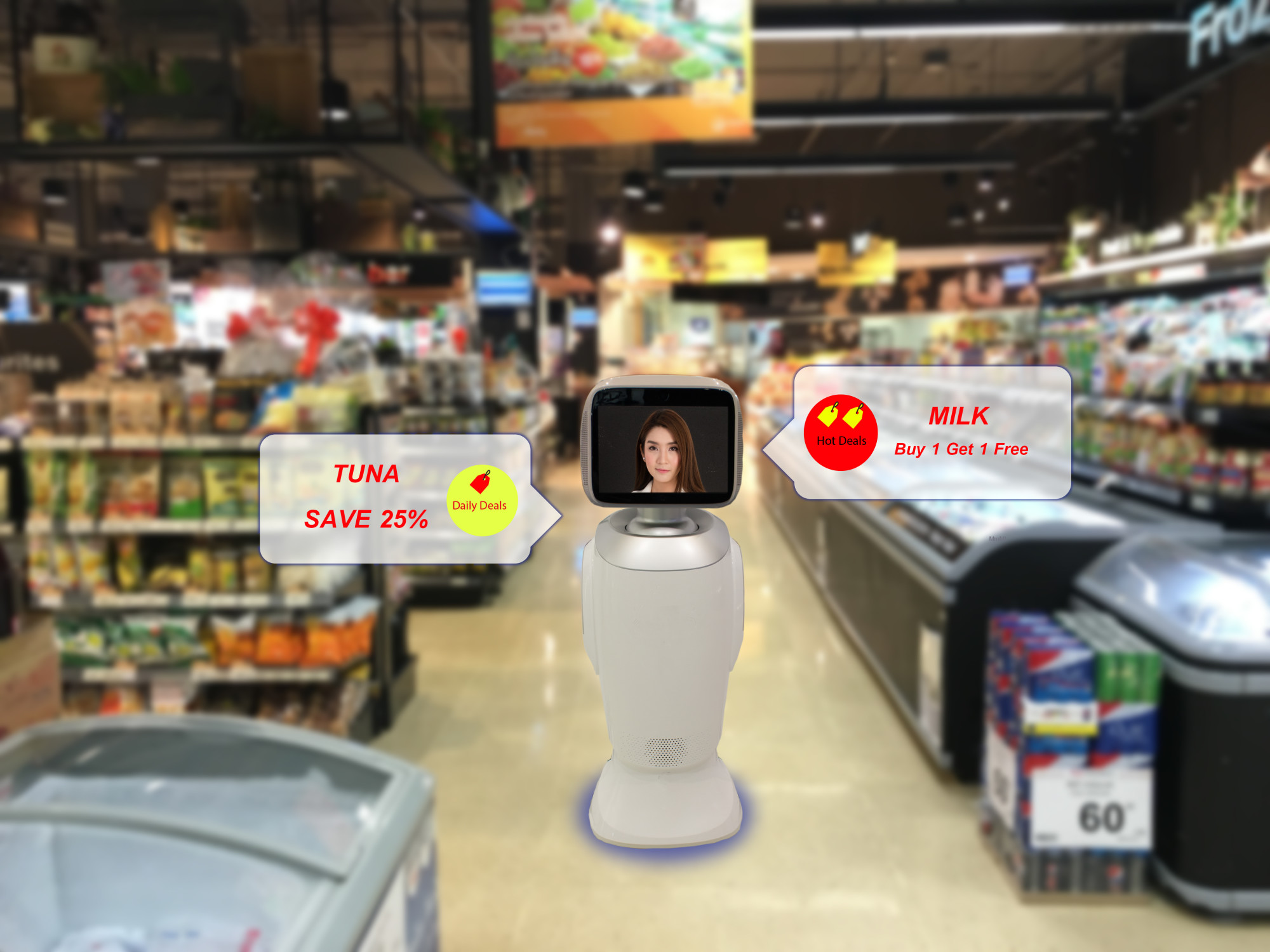
The Robots Are Here: The Implications of Machine Learning Marketing
By the year 2020, 85% of all customer service interactions will be carried out without the use of a human on the other end. Rapidly developing AI is being implemented into chatbots and algorithms set to produce targeted results.
The age of machine learning marketing is upon us. Read on for a breakdown of what AI and marketing have to offer once combined.
What Is Machine Learning Marketing?
When thinking about AI and machine learning, consider AI to be an umbrella which machine learning falls beneath. While AI and machine learning are not synonymous, they are related.
Machine learning is a branch of AI in which a computer is able to learn by identifying patterns within a set of data.
The abilities of machine learning can be applied to the marketing field to automate processes and replicate experiences by analyzing past data.
Spotting Examples of Artificial Intelligence and Marketing
It’s obvious that machine learning can be applied to the marketing industry and countless other fields to improve efficiency. But what exactly is AI up to in marketing? Let’s break it down.
Marketing tasks that machine learning and AI plays a part in include:
- AI curated content and product recommendations
- Search engines bring results based on machine learning
- AI guided data collection and analysis
- Image search is on the horizon with visual recognition
- More efficient and effective social listening
- Better audience segmentation
This is an incomplete list of ways that AI and machine learning are working to help marketers do their job better.
To some degree, machine learning can only do so much. For example, copywriters won’t need to stress about losing their jobs to robot intelligence anytime soon. Even computers that have learned to write do so by mimicking humans, not by developing their own thoughts.
How Machine Learning is Improving Marketing Efforts
Machine learning allows for a more efficient workplace, and not just within marketing departments. This advanced technology is opening the door for more detailed customer personas, which will lead to better engagement and higher conversion rates.
For example, social media monitoring by computers cuts down on time otherwise delegated to a human. Machine learning has allowed these computers to identify user intent and sentiment which can then notice marketers when they need to intervene by engaging with their audience.
In a world that is becoming increasingly cluttered with consumers whose attention spans are shrinking, machine learning offers levels of optimization and efficiency that help battle these obstacles that are outside of marketers’ control.
Does this Mean AI Is Taking Over?
In short? No. Artificial intelligence is still very much reliant on humans to help train its algorithms. Without humans, AI systems are unable to improve their accuracy. AI is cool and all, but pretty useless if it isn’t accurate.
From using SEO with Chatbots to optimize search rankings to creating intricate algorithms that produce curated feeds based on user interest and intent, AI is transforming the way marketers reach consumers.
Facing a Future in Machine Learning Marketing
In quite a few ways machine learning marketing makes the lives of marketers easier. Automation and effective streamlines strategies cut down on time marketers spend manually performing menial tasks. AI is able to step in and speed up the process, giving marketing professionals to work on other projects which require a human touch.
The marketing industry is facing transformative changes, but they aren’t all bad. In fact, most of them are exciting and innovative solutions to decade standing problems. Check out our other articles for more information on SEO and machine learning.
